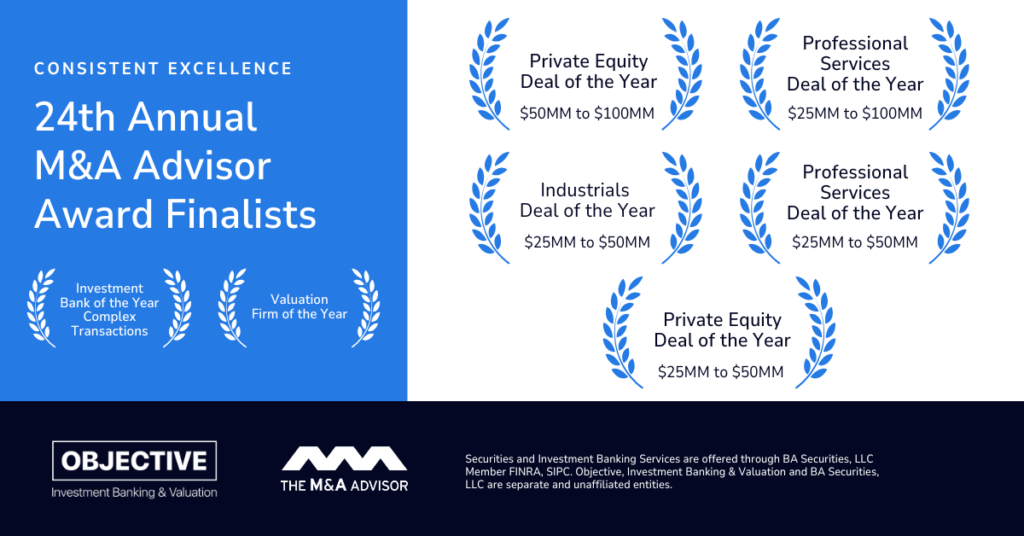The pharmaceutical services industry is undergoing one of the most significant transformations in its history. For decades, Contract Research Organizations (CROs), patient recruitment companies, and clinical site management organizations have been essential partners in clinical development. Yet, many of the processes that drive this sector remain manual, labor-intensive, and prone to costly bottlenecks.
That is changing rapidly. Artificial intelligence (AI) in clinical trials is no longer experimental, it is becoming central to how studies are designed, how patients are recruited, and how CROs deliver measurable value. This shift is more than an efficiency gain; it is an industry-level disruption with direct implications for pharma services business owners and investors.
According to a 2024 BCG report, Big Changes Are Coming to Pharma CROs, AI-driven disruption could affect approximately $18 billion, nearly 40% of current CRO value pools, while patient-centric models alone could reshape around $4 billion, with new opportunity value of $8 billion (Boston Consulting Group, 2024). For an industry where speed to market and margins define success, this opportunity is too large to ignore.
Where AI Is Creating Impact in Pharma Services
Solving the Patient Recruitment Challenge
Patient recruitment for clinical trials has long been one of the biggest hurdles in drug development. Delays of months, or even years, often stem from difficulty identifying eligible patients and keeping them engaged.
AI and large language models (LLMs) are changing this equation. By scanning electronic health records (EHRs), patient-reported outcomes, and other datasets, AI can identify trial-ready patients with precision.
Equally important is engagement. Conversational AI platforms deliver trial updates, reminders, and plain-language guidance directly to patients. This reduces screen-fail rates, improves retention, and keeps clinical trials on track which is critical for sponsors and CROs competing on execution.
Designing Smarter, Predictive Clinical Trials
Trial design has historically relied on a mix of past experience, literature, and educated guesswork, often leading to costly mid-study amendments.
LLMs now enable predictive trial design by analyzing historical trial outcomes, regulatory feedback, and published science. These systems flag risks, forecast bottlenecks, and recommend design adjustments before the first patient is enrolled.
For sponsors and pharma services executives, the payoff is fewer amendments, faster study starts, and higher success rates, an immediate differentiator for CROs that embrace AI.
Driving Operational Efficiency Across CRO Services
Running global clinical trials is operationally complex: monitoring sites, managing teams across geographies, and ensuring compliance require massive staff resources.
AI-enabled monitoring tools now detect anomalies in trial data in real time, while predictive analytics streamline project management and resource allocation. The result: leaner CRO operations, higher data quality, and lower costs equaling outcomes that improve both profitability and client satisfaction.
Why This Matters for M&A and Valuation
For pharma services business owners, AI adoption is no longer optional, it is a key valuation driver. Investors and acquirers now expect digital maturity to be embedded into operations.
-
CROs, patient recruitment providers, and site networks that can demonstrate true AI capabilities are commanding premium acquisition multiples.
-
Those without a clear AI strategy risk falling behind as private equity firms and strategic buyers consolidate the sector.
-
In 2025 and beyond, M&A in pharma services will be shaped by which companies showcase AI integration as a core competency.
The Bigger Picture for Business Owners
The rise of AI in pharma services is not just about efficiency, it’s about redefining clinical research. By solving the toughest challenges in patient recruitment, trial design, and operations, AI accelerates the delivery of new therapies to patients and enhances the competitiveness of pharma services companies.
Companies that invest in AI and digital transformation today will lead tomorrow’s consolidation wave.
The Bottom Line
AI is rewriting the playbook for pharmaceutical services companies. What was once a manual, capacity-constrained industry is becoming smarter, faster, and more predictive. With billions in potential value creation, the future of CROs, patient recruitment, and site management will be defined by how effectively they integrate AI into their operations.
If you are leading a pharma services company and want to position yourself for growth, improve your valuation, or explore strategic options, let’s connect. Our Life Sciences Services & Tech Practice is actively working with CROs, site networks, and patient recruitment companies who are leading the AI evolution and commanding premium valuations. We’d be happy to discuss your unique situation and how you can do the same.
About The Author

Co-Founder and Managing Director
Life Sciences & Business Services Practice Leader
+ Read the Latest: How to Build a Premium Exit Strategy That Maximizes Business Value
Channing Hamlet has over 25 years of experience in investment banking and business valuation, advising middle market companies on transactions and strategic initiatives. Before joining Objective, he was a Managing Director at Cabrillo Advisors, where he led M&A execution and built a national valuation practice. He previously held roles at Vistage, LLR Partners, and Legg Mason. Mr. Hamlet holds a Master’s Degree in Operations Research and a Bachelor of Science in Mechanical Engineering from Cornell University.

COO and EOS Integrator
Investment Banking & Valuation Practices
+ Read the Latest: Key Takeaways from The 2025 EOS Conference
Prior to joining Objective Investment Banking & Valuation, she gained experience in the life sciences and biotechnology industries through roles at Ansun Biopharma, Inc., Pediatric Biosciences, Inc., Ignyta, Inc., Celula, Inc., and Digital Gene Technologies, Inc. Ms. Woods has more than twenty-five years of experience within office administration and operations management working with C-suite executives and board of directors. Ms. Woods holds a Master of Business Administration degree with a specialization in Organizational Leadership and a Bachelor of Science degree in Business Administration from The University of Arizona. She is also EOS Integrator Masterclass Certified.
Disclosure
This news release is for informational purposes only and does not constitute an offer, invitation or recommendation to buy, sell, subscribe for or issue any securities. While the information provided herein is believed to be accurate and reliable, Objective Capital Partners and BA Securities, LLC make no representations or warranties, expressed or implied, as to the accuracy or completeness of such information. All information contained herein is preliminary, limited and subject to completion, correction or amendment. It should not be construed as investment, legal, or tax advice and may not be reproduced or distributed to any person. Securities and investment banking services are offered through BA Securities, LLC Member FINRA, SIPC. Principals of Objective Capital are Registered Representatives of BA Securities. Objective Capital Partners and BA Securities are separate and unaffiliated entities.







